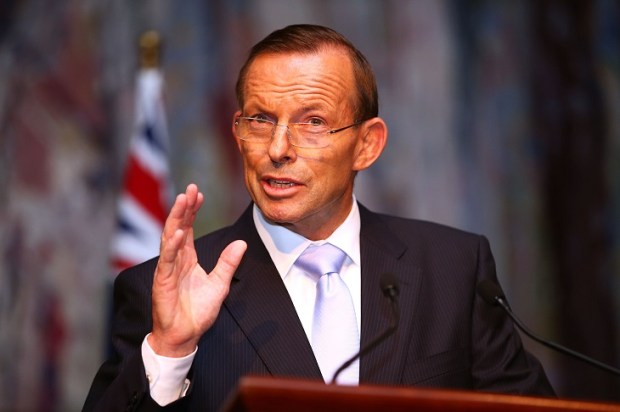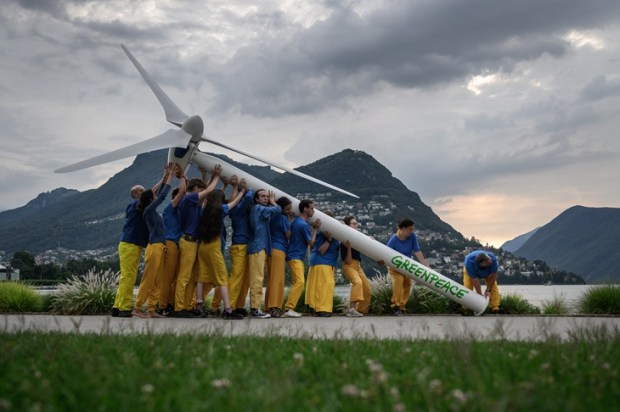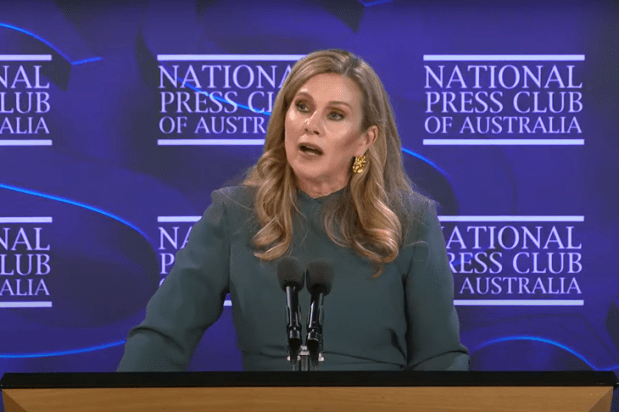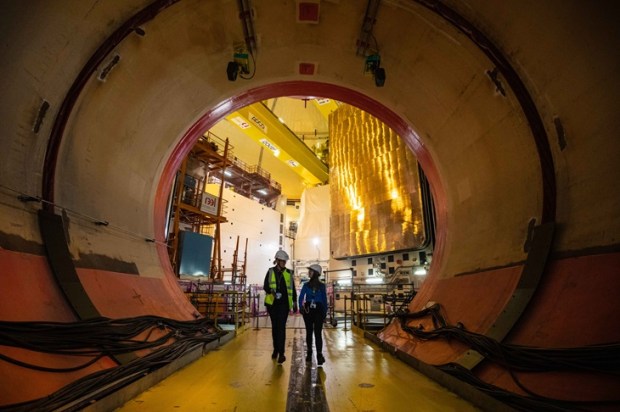The Productivity Commission is not what it used to be. Most governments decide what they want to hear and pick the people who will tell them just that. The Albanese government does not break this mould.
The Commission is led by Danielle Wood who was formerly with the Grattan Institute. Grattan has been the front runner in advocating regulatory-induced emission reductions and taxation of emissions even though this is demonstrably harmful to the economy.
It comes as little surprise that the interim report to the Productivity Summit reads like a Greenpeace Manifesto.
Its recommendations involve considerable costs to firms and individuals. For example, they:
- Require more firms than the current 219 biggest emitting facilities to reduce their emissions by 5 per cent a year; the cost of this is already crippling the energy-intensive industries like smelters and the proposed extension will magnify the damage
- Seek to penalise heavy emitting motor vehicles and take similar action in other sectors, including requiring new houses to be more energy, efficient and climate resilient; all will add costs that the consumer would not willingly pay for
- Envisage a flying squad (a ‘strike team’) of environmental department public servants to integrate environment and clean energy policy; augmenting the damage already evident from existing measures in slow approvals and add-on cost
- Ensure all approvals for new developments are supportive of what ideologues call the ‘energy transition’, which is the forced replacement of lower cost fossil fuel energy sources by higher cost and unreliable wind and solar; a crushing coup de grace to development
The report acknowledges eliminating greenhouse gases entails costs but reckons these can be minimised. One mechanism for doing so is to eradicate formalities that grant a day in court for those pesky interested parties whose recreational land and properties are devalued by windmills the size of the Sydney Harbour Bridge and their associated transmission lines.
Possibly recognising that whatever Australia does will have no effect on global emissions, the report suggests that its proposals will help Australia cope with significant climate-related risks that are to take place regardless of future emissions reductions. It argues, over the longer term, boosting our resilience to climate perils has the potential to lower the costs of disaster recovery.
The interim report makes this point without presenting the slightest evidence about whether such risks are increasing and with no credible insights on how its proposals would ameliorate them. Perhaps in developing the final report, the authors will have time to peruse the recent US Department of Energy Report, A Critical Review of Impacts of Greenhouse Gas Emissions on the US Climate, written by John Christy, Judith Curry, Steven Koonin, Ross McKitrick, and Roy Spencer. Those authors, all of whom are distinguished in the fields of environmental science and economics, conclude, ‘Extreme convective storms, hurricanes, tornadoes, floods and droughts exhibit considerable natural variability, but long-term increases are not detected.’
The interim report argues that productivity benefits will also flow from a healthier population, and our quality of life will improve. And so they will, but the measures in place and their intensification that the report advocates are taking us backward from these benefits.
Alan Moran is a former First Assistant Commissioner of the Productivity Commission

























